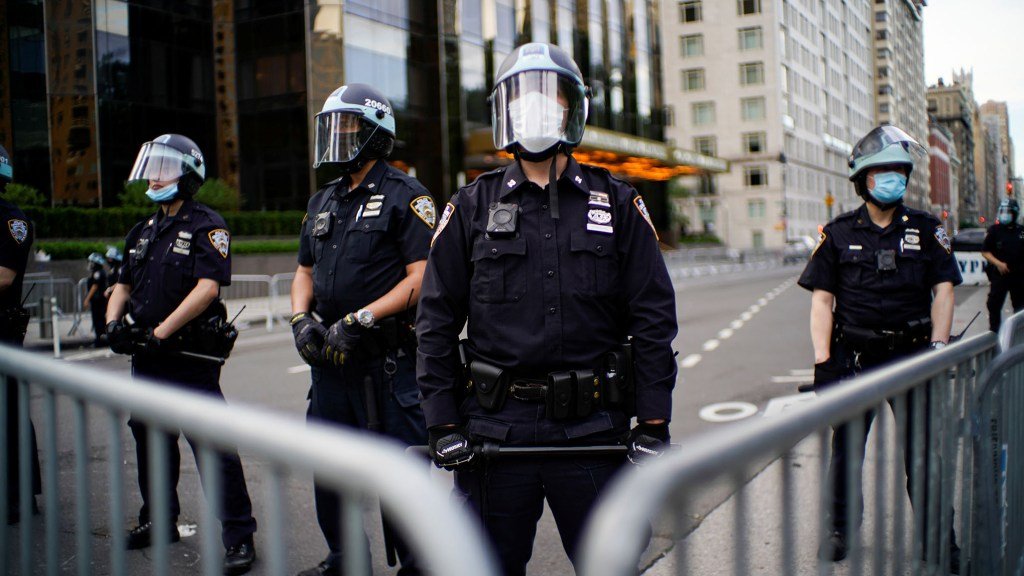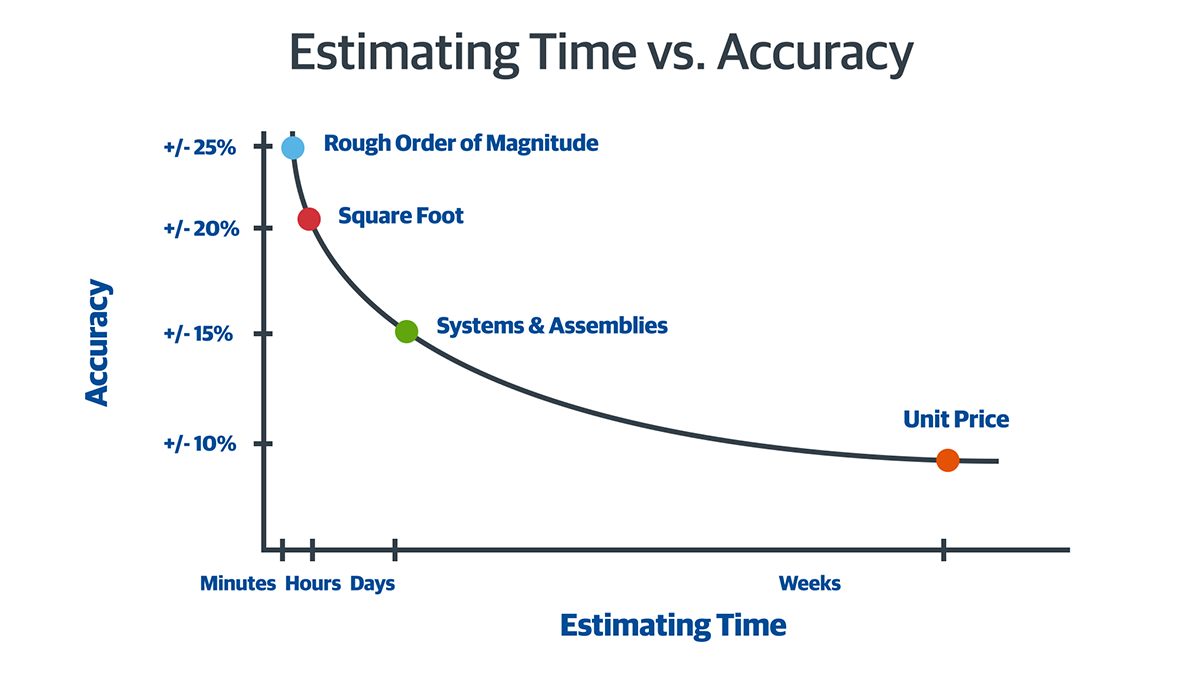Simulation-based training is becoming more popular in many fields, especially in training for law enforcement. This type of training allows officers to experience real-life situations in a controlled and safe environment. At BlueForce Learning, we understand the importance of hands-on learning, and that’s why we believe simulation-based training is a key part of preparing officers for the field.
What Is Simulation-Based Training?
Understanding the Basics
Simulation-based training uses realistic scenarios to help officers practice their skills. These scenarios can include everything from traffic stops and domestic violence calls to high-risk arrests and active shooter situations. The goal is to help officers react quickly and correctly under pressure.
Tools Used in Simulation Training
Simulation training can include various tools such as virtual reality (VR), role-playing with actors, computer-based programs, and even physical simulators that mimic real-life environments. These tools make the experience feel as close to real life as possible.
Why Choose Simulation-Based Training?
Safe Learning Environment
One of the biggest benefits of simulation training is that it offers a safe space for officers to make mistakes and learn from them. In real situations, mistakes can have serious consequences. But in simulations, officers can practice without risk.
Builds Confidence
When officers go through training for law enforcement using simulation, they gain confidence. Repeating realistic scenarios helps them feel prepared when they face similar situations in the real world.
Immediate Feedback
Simulation-based training often includes real-time feedback. Trainers can watch how an officer responds to a situation and give advice right away. This instant feedback helps officers learn faster and correct mistakes quickly.
Key Benefits of Simulation-Based Training
Better Decision-Making
Simulation helps officers make better decisions under stress. By practicing high-pressure situations, they learn how to think clearly and make smart choices.
Improved Communication Skills
Officers need to know how to talk to people, especially in tense situations. Simulation scenarios often focus on communication, helping officers improve how they speak and listen during calls.
Realistic Practice
Simulation-based training is as close as officers can get to real life without being in actual danger. They can see how their actions affect the outcome and adjust their approach accordingly.
Enhanced Problem Solving
Many simulation scenarios require officers to think on their feet. This type of training improves their problem-solving skills and helps them adapt quickly when things don’t go as planned.
Stress Management
Law enforcement officers often face stressful situations. Simulation training helps them learn how to stay calm and focused, even when under pressure.
Types of Scenarios Used in Simulation Training
Traffic Stops
These are common in law enforcement. Simulations help officers practice how to approach a vehicle, communicate with drivers, and stay safe.
Domestic Disputes
These situations can be unpredictable. Simulation training teaches officers how to de-escalate tension and protect everyone involved.
Active Shooter Drills
In these high-risk scenarios, officers practice how to respond quickly, protect civilians, and neutralize threats.
Mental Health Crises
Officers often respond to calls involving people with mental health issues. Simulation training helps them handle these situations with care and understanding.
Use-of-Force Situations
Officers must know when and how to use force. Simulations provide a controlled way to practice these decisions.
How BlueForce Learning Enhances Simulation Training
Expert Instructors
At BlueForce Learning, our instructors have years of experience in law enforcement. They guide trainees through realistic scenarios and provide valuable insights.
State-of-the-Art Technology
We use the latest tools in simulation training, including VR headsets and interactive software. This makes the training more engaging and effective.
Custom Training Programs
Every department is different. That’s why we create training programs that meet the specific needs of each team we work with.
Focus on Real Results
Our goal is to improve performance in the field. That’s why we track progress and focus on real outcomes, not just classroom hours.
Real-World Applications of Simulation Training
Preparing New Recruits
Simulation training is a great way to prepare new officers for the field. It helps them understand what to expect and how to handle tough situations.
Refreshing Skills for Experienced Officers
Even experienced officers can benefit from simulation training. It gives them a chance to brush up on skills and stay sharp.
Supporting Specialized Units
SWAT teams, crisis negotiators, and other special units need advanced training. Simulation allows them to practice complex missions without risk.
Building Community Trust Through Better Training
Improved Officer Behavior
Officers who are well-trained behave more professionally in the field. This can lead to better relationships with the community.
Reducing Mistakes
Simulation helps officers avoid costly errors. When they’ve already practiced a scenario, they’re more likely to handle it correctly.
Promoting Transparency
Using simulation in training shows that a department values growth and learning. This can build trust with the public.
Challenges and How to Overcome Them
High Costs
Simulation training can be expensive. However, the benefits often outweigh the costs by reducing mistakes and improving performance.
Resistance to Change
Some departments may be slow to adopt new training methods. Education and proven results from programs like BlueForce Learning can help change minds.
Time Constraints
Finding time for training can be tough. Flexible programs and online options make it easier to fit simulation into busy schedules.
The Future of Simulation-Based Training
Advancements in Technology
Simulation tools are getting better every year. With advancements in AI and VR, training is becoming even more realistic and useful.
Greater Adoption Across Departments
As more departments see the benefits, simulation training is becoming a standard part of law enforcement education.
Continued Focus on Officer Wellness
Simulation training supports mental health by preparing officers to handle stress and trauma. This focus will likely grow in the future.
Conclusion
Simulation-based training is changing the way we prepare officers for the field. At BlueForce Learning, we believe in giving law enforcement the tools they need to succeed. Through realistic practice, expert instruction, and advanced technology, simulation training helps officers stay safe, make better decisions, and serve their communities with confidence. Whether you’re a new recruit or a seasoned officer, this type of training is a valuable part of your law enforcement journey.
Here, you can read more Blogs!















Leave a Reply